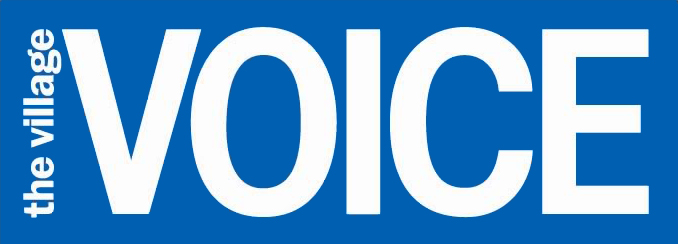 4 Columns
4 Columns
A farewell to the legendary publication.

On August 31, Peter Barbey, the billionaire who bought the Village Voice in 2015, announced that the storied publication, which launched in 1955, would be shuttered for good. As reported in Gothamist, Barbey, in remarks to the staff that will never be mistaken for Churchillian eloquence and compassion, said, “Today is kind of a sucky day. Due to, basically, business realities, we’re going to stop publishing Village Voice new material.” Laid off on that “sucky day” were about half of the publication’s roughly twenty employees—the skeleton crew that remained after the Voice’s masthead was decimated last August, following Barbey’s decision to end the paper’s print edition and operate online only. The other half, reportedly, will remain to assist with an as-yet unclear plan to digitize the Voice’s vast print archive.
It’s no exaggeration to say that without the Village Voice there would be no 4Columns. Margaret Sundell, 4Columns’ founder and editor-in-chief, has called the Village Voice “a lodestar” and an “inspiration” for the site, which is dedicated to showcasing, just as the Voice did for the entirety of its sixty-three-year run, lively, impassioned, rigorous arts criticism. Both based in New York City, the publications, in fact, share DNA. Two of 4Columns’ five staffers—senior editor Brian Parks and film editor Melissa Anderson—are alums of the alt-weekly; 4Columns counts among its contributors several more Voice vets.
We at 4Columns rue the closing of an institution that provided the template for what cultural criticism can be, and we stand in solidarity with all those at the Voice who, in an appalling irony, lost their jobs right before Labor Day. An extremely rich man has ended up overseeing the demise of the very thing he had vowed to save. But what a plutocrat can’t touch, much less kill, is a spirit, a sensibility, a way of responding. We will continue to strive to be worthy inheritors of the Voice’s greatest traditions by adhering to its ineradicable ethos: arts writing, at its most exalted, is an unmistakably personal conversation with the world. Or, as Oscar Wilde once said, “It is Criticism . . . that, by concentration, makes culture possible.” We salute all that the Village Voice made not just possible but indispensable.